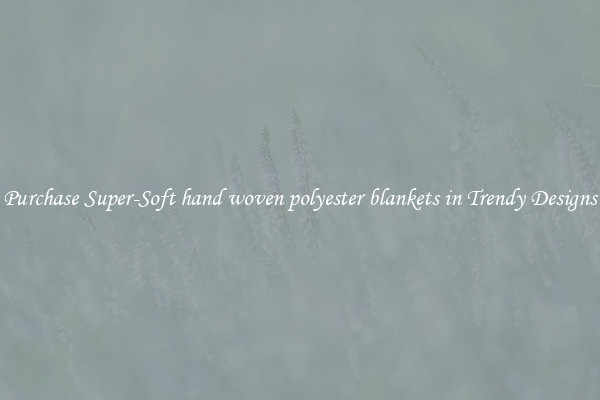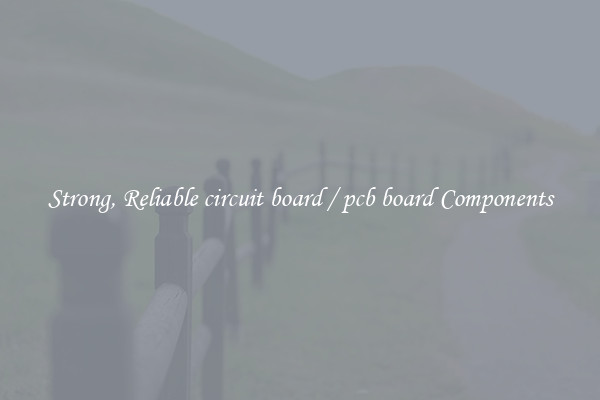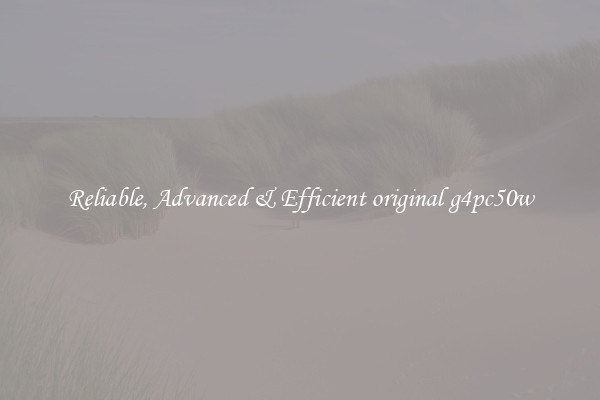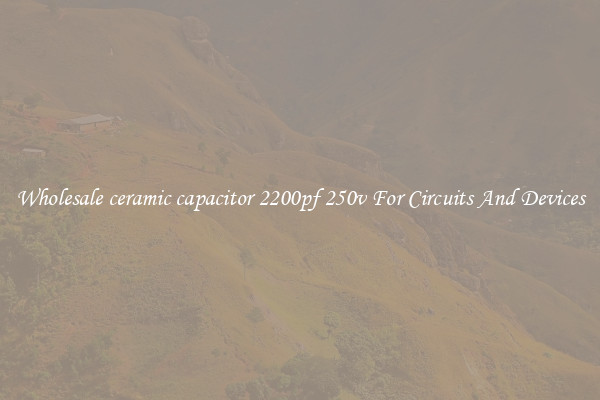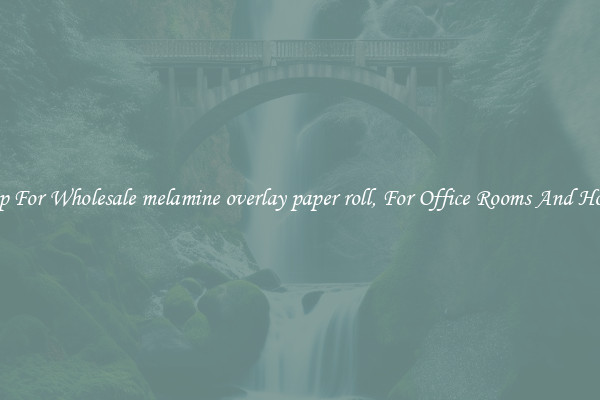Reliable and Woven thermal conductivity glasswool insulation
Reliable and Woven Thermal Conductivity Glasswool Insulation

When it comes to insulating a building, whether it be a residential or commercial space, one of the most important factors to consider is thermal conductivity. Thermal conductivity, also known as heat transfer, measures how well a material can conduct heat. The lower the thermal conductivity value, the better the insulation properties of the material.
In recent years, there has been a growing trend towards using glasswool insulation, thanks to its excellent thermal conductivity properties. Glasswool insulation is made from recycled glass, which is melted and spun into fine fibers. These fibers are then woven together to form a dense and flexible mat-like material.
One of the main benefits of glasswool insulation is its reliability. It provides a consistent and effective barrier against heat transfer, making it an ideal choice for both residential and commercial spaces. This reliability is due to the woven structure of the material, which helps to reduce air movement and heat conduction through the insulation.
Furthermore, the woven structure of glasswool insulation also enhances its durability. It is resistant to moisture, mold, and pests, ensuring a long-lasting insulation solution for your building. This durability is particularly important in areas with high humidity or where moisture could be an issue, as it helps to prevent the insulation from losing its thermal properties over time.
Glasswool insulation also has excellent soundproofing qualities, thanks to its inherent ability to absorb sound waves. This makes it particularly effective for reducing noise transmission between rooms or from external sources, providing a more comfortable and peaceful indoor environment.
Another advantage of glasswool insulation is its eco-friendliness. As mentioned earlier, glasswool insulation is made from recycled glass, which helps to reduce the environmental impact associated with its production. Additionally, it is also a non-toxic material, making it safe for both installers and occupants of the building.
In terms of installation, glasswool insulation is relatively easy to work with. It can be easily cut to size and shape, and it can be installed in walls, ceilings, floors, and attics. Its flexibility allows for a seamless and hassle-free installation process while ensuring full coverage and maximum thermal performance.
In conclusion, reliable and woven thermal conductivity glasswool insulation offers a multitude of benefits for those seeking a highly efficient and effective insulation solution. Its low thermal conductivity, durability, soundproofing properties, and eco-friendliness make it an excellent choice for a wide range of applications. Whether you are looking to insulate a residential or commercial space, consider using glasswool insulation for a reliable and long-lasting thermal barrier.

View details

View details

View details

View details

